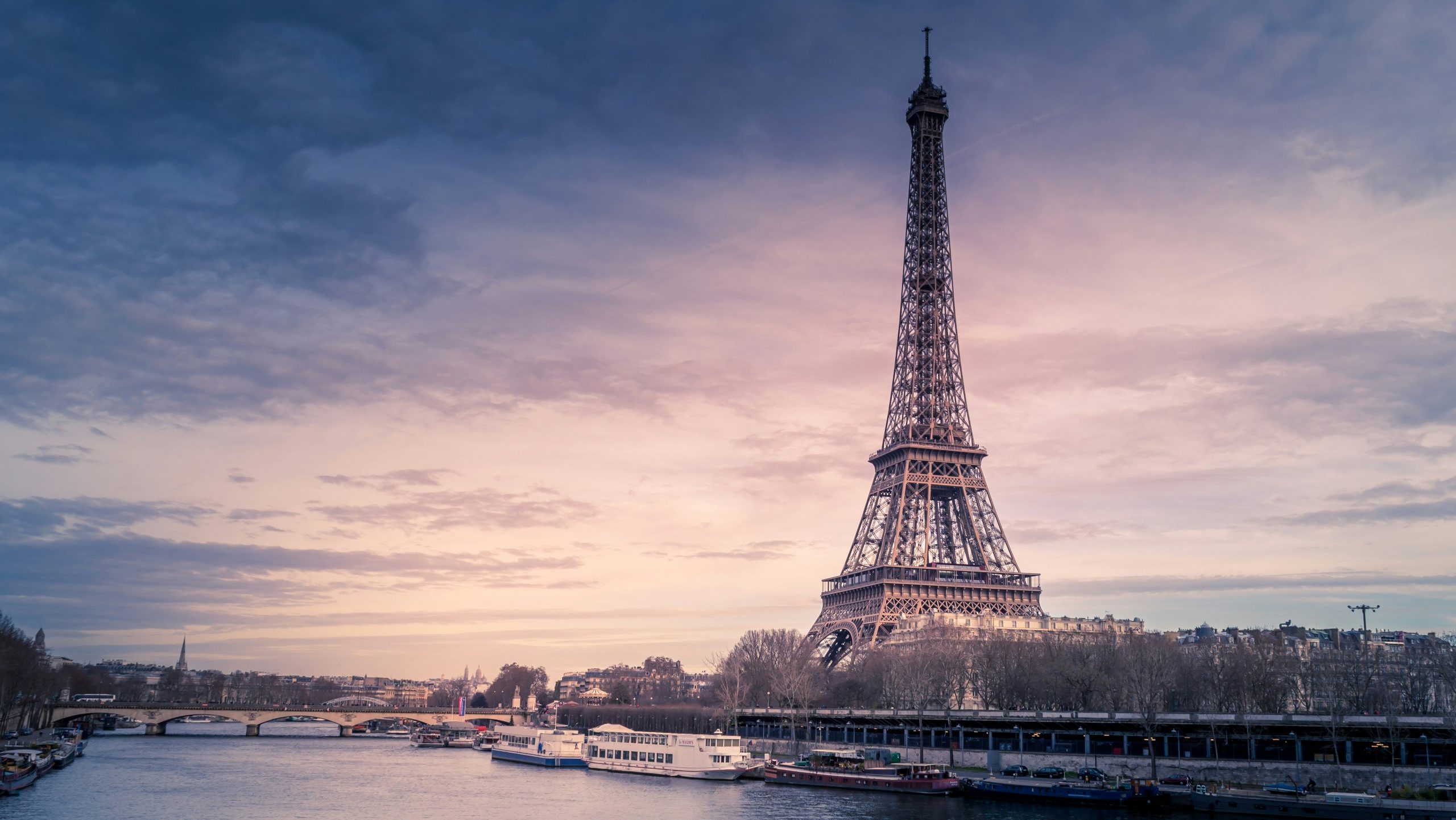Every Olympic season requires a good “will they pull it off in time?!” drama. This year, it’s making the Seine swimmable. Could the clean-up effort change the city forever, for good?
For one thing, there hadn’t been much housing in downtown Atlanta before the games, and the Olympic bid jumpstarted developers’ ability to sell and rent multifamily housing there. This resulted in a “real boom in loft conversions of some existing buildings, and new construction,” Newman says, which “added to the character of the area—both residential and commercial.”
The games also required increasing the city’s hotel capacity, which he said increased from 70,000 rooms to a peak of about 100,000 a few years later. This was a “tremendous addition” to the city, and improved its position as a hub for transportation, conventions, and meeting centers.
There has been debate and controversy over whether the ‘legacy’ of the games was as successful as hoped, but the East End, and particularly the Stratford area, undeniably went through a transformation. Today, the Olympic Park is still a huge and cared-for green space. It provides easy and popular recreation opportunities for a part of the city that was previously isolated from large, manicured parks.
Parisians hope the Seine revitalization will bring similar recreation opportunities. The city plans to open three new swimming spots by 2025.
“The pre-Olympics clean-up will change Parisians’ relationship to the water,” Baptiste Saint-Laurent, director of Rosa Bonheur, a bar and dance boat moored on the river, told The Guardian. “It won’t just be a stretch of water to cross on a bridge in a hurry. I grew up on the edge of the Seine in Normandy, I learnt to swim in the Seine when I was seven. So historically, this is an important moment because people in the city will reclaim the river.”

